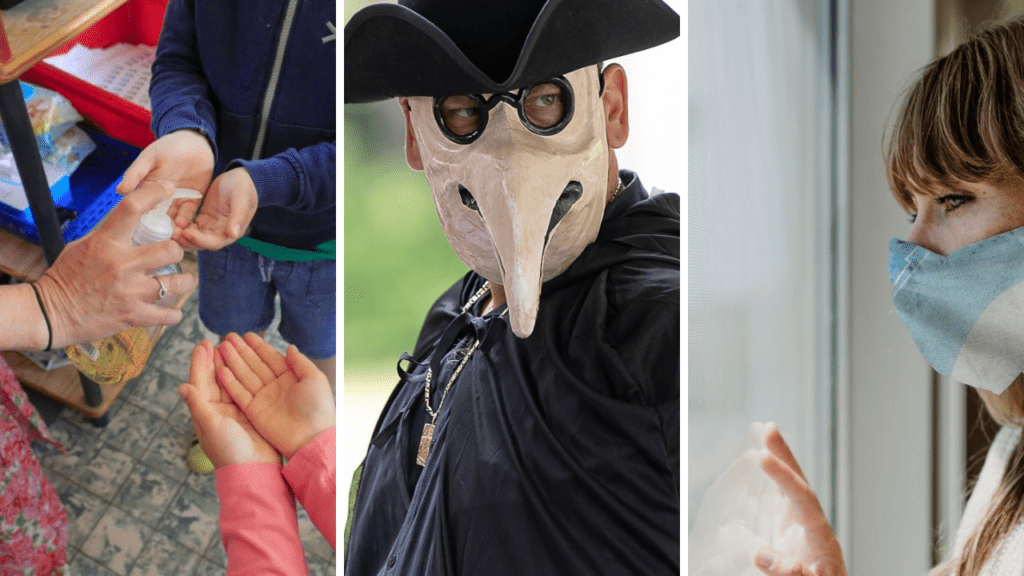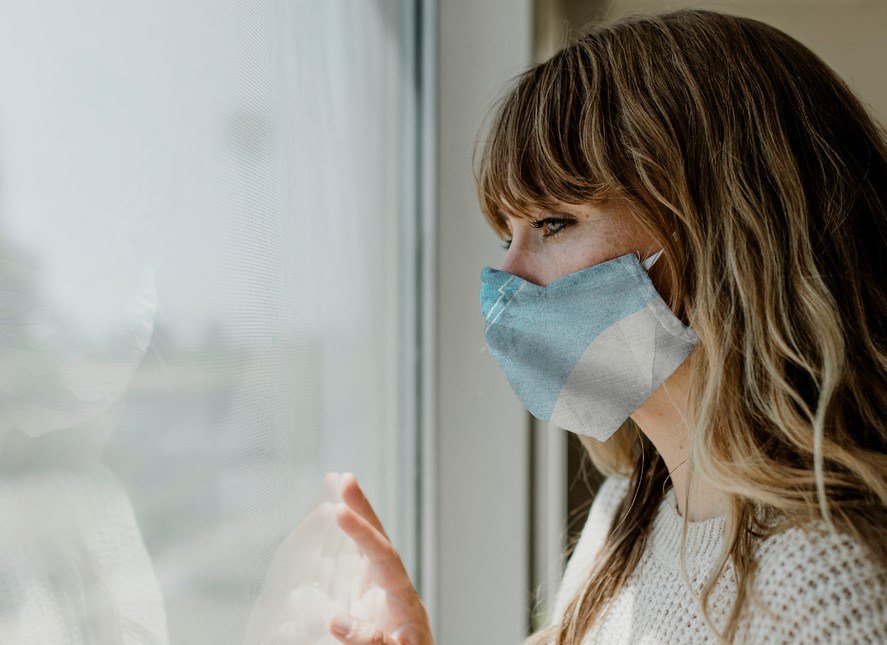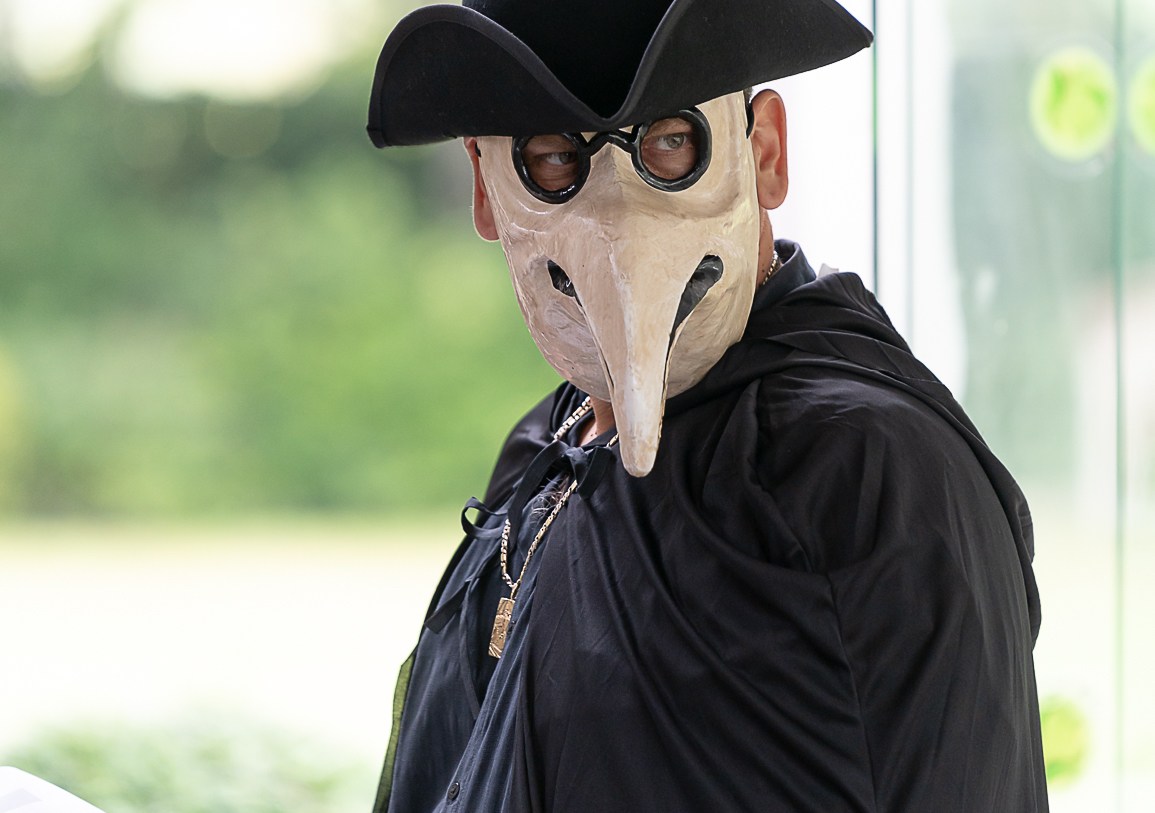While it may have been a few weeks of a new normal in Belgium, this week has shown a country moving backwards in measures, which is clearly hitting many people hard.
From the need to cancel plans, recommendations to work from home, or even things as simple as an end of shopping for fun with another person, anyone would be forgiven for being a little put out by everything going on at the moment.
Objectively speaking, there has been a steady climb of daily infections, which has risen by 77% over the period from 20 to 26 July. Similarly, the news today sees hospital admissions continue to rise too.
In response to weeks of increasing figures, Belgium has reinstituted harsher rules again, locked down to some extent, and expert opinions predict that an 'Antwerp like situation' is likely on the cards for the future of Brussels.
It is important, however, to see this in a wider trend.
Figures are not instant, so the measures enforced yesterday will not show result this week. Belgium has acted for now, especially in light of criticism for not doing enough at last week's meeting. Now it's a matter of waiting and seeing what might happen next.
That, however, is much easier said than done, so while we wait let's have a look at the rest of the news in the country today.
1. Average of 347 new coronavirus infections per day in Belgium, hospital admissions nearly double
An average of 347.1 people per day tested positive for the new coronavirus (Covid-19) in Belgium during the past week, according to figures by Sciensano on Thursday.
The trend of new infections per day has risen by 77% over the period from 20 to 26 July, compared to the average of 196.3 new infections the week before.
The total number of confirmed cases in Belgium, since the beginning of the pandemic, is 67,335. The total reflects all people in Belgium who have been infected, and includes confirmed active cases as well as patients who have since recovered, or died from the consequences of the virus. Read More
2. Coronavirus: Brussels 'not far away' from Antwerp-like situation, doctor says
In Brussels, the percentage of positive tests for coronavirus is increasingly significant, chief doctor of the Cliniques Saint-Jean Kenneth Coenye told Flemish television programme Terzake on Wednesday.
"This is worrying,” Coenye said. “I think a similar situation to the one in Antwerp is not far away in Brussels.”
"We carry out about 500 tests a week in our hospital. In the last ten days, we had about 6.8% positive results,” Coenye told Terzake. “That's much more than at the end of June. At that time we had 0.8% positive tests. That was around the national average at the time,” he explained. Read more.
3. Belgian PM explains the new social contact rules (again)
Belgium’s prime minister took to Twitter yesterday in an effort to explain the country’s new social restrictions to fight the coronavirus, which have caused widespread confusion since their introduction at the start of the week.
The National Security Council on Monday decided to shrink each household's social bubble to five fixed people, drastically scaling back past relaxations which allowed each person to see 15 different people each week.
Residents, however, were ultimately left confused on how to apply the new regulations to their own lives. Read More.
4. ‘Pestered’ Belgians sue Bill Gates and Belgium over coronavirus restrictions
Bill Gates, Belgium and a British epidemiologist are all being taken to court by hundreds of Belgians who are against all coronavirus regulations and want to get them abolished.
Around 240 Belgians have joined a group called Viruswaanzin, which translates to ‘viral madness’ in Dutch and was launched by members of the restaurant and hospitality industry, according to their lawyer Michael Verstraeten.
Verstraeten told The Brussels Times that their aim was to get the Belgian government to revoke all coronavirus regulations, which they say trample on their freedoms and have done more harm than good in the current health crisis.
“We think that other measures are needed, measures which don’t limit the economy and the rights and freedoms of people,” the lawyer said. Read more.
5. Up to 800 million children worldwide have lead poisoning, 400,000 in Belgium
About one in three children worldwide – as many as 800 million – has a level of lead in their blood above the concentration requiring action, according to a new report by the United Nations children’s organisation Unicef and Pure Earth.
Lead, the report explains, “is a potent neurotoxin which causes irreparable harm to children’s brains. It is particularly destructive to babies and children under the age of five as it damages their brains before they have had the opportunity to fully develop, causing them lifelong neurological, cognitive and physical impairment.” Read More.
6. The Netherlands becomes ‘orange travel zone’ for Belgians
After The Netherlands advised against non-essential travel to the Belgian province of Antwerp, Belgium now considers The Netherlands an orange travel destination.
As the Dutch restrictions for residents of the Antwerp province no longer allow all people in Belgium to travel to the Netherlands freely, the Belgian Foreign Affairs Department gave the country an orange colour on its website, warning travellers from Antwerp to quarantine.
All other Belgians, meaning those from provinces other than Antwerp, can still travel to the Netherlands without restrictions. Read more.
7. Poison centre records surge of child poisonings with sanitising gel
Belgium’s poison control centre has recorded a sharp increase in the number of incidents involving children and sanitising gel solutions since the start of the coronavirus crisis.
The numbers recorded since the start of the coronavirus outbreak in Belgium have increased by more than fivefold compared to figures from last year.
Since March, as hand sanitising solutions became increasingly present in households, shops and other businesses, the centre has recorded 505 incidents. Read more.
Jules Johnston
The Brussels Times



